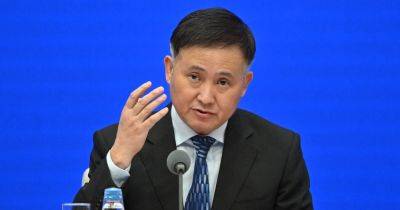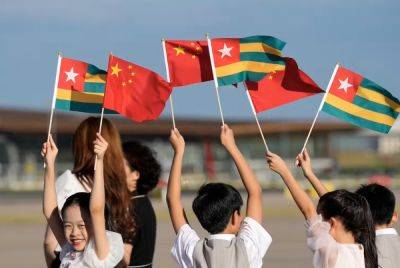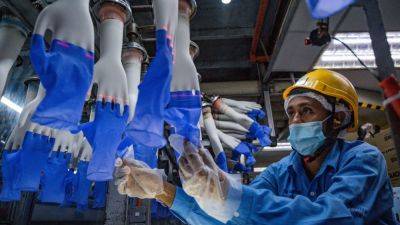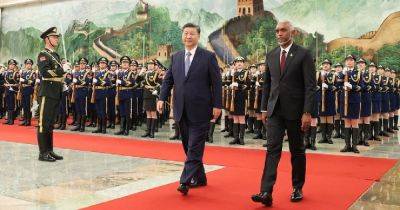China’s Belt and Road hasn’t fast-tracked Africa’s cities
Over the past two decades, African leaders have become increasingly drawn to Chinese financing and investment.
These investments are made rapidly and with reportedly less stringent conditions than traditional financing sources. Some also suggest that China’s approach aligns more closely with African priorities.
This sentiment was summarized by the former president of Senegal, Abdoulaye Wade, in 2008:
African leaders attending this year’s 8th Forum on China-Africa Cooperation in Beijing will, no doubt, want to attract more Chinese finance and investment. The forum, which is the coordination mechanism between African countries and China, is held every three years. It aims to promote diplomacy, trade, security and investment relations between China and Africa.
Since the inaugural summit in 2000, Beijing has committed over US$170 billion in grants and loans to African countries. This has included highways, ports and urban rail.
One outcome of these investments has been that they have begun actively shaping the continent’s cities. And the future investment African leaders seek is even more urgently needed to support African cities in becoming more productive, liveable and sustainable.
The challenges facing cities are the focus of discussions happening this week at the inaugural Africa Urban Forum in Addis Ababa, the Ethiopian capital. The aim of this event is to help shape and support inclusive human settlement development.
Though likely coincidental, the juxtaposition of these events is a reminder that the investment African leaders seek in Beijing is needed for African cities.
As an urban economist with a focus on financing public infrastructure and services, I am interested, as part of my research comparing Africa’s and







